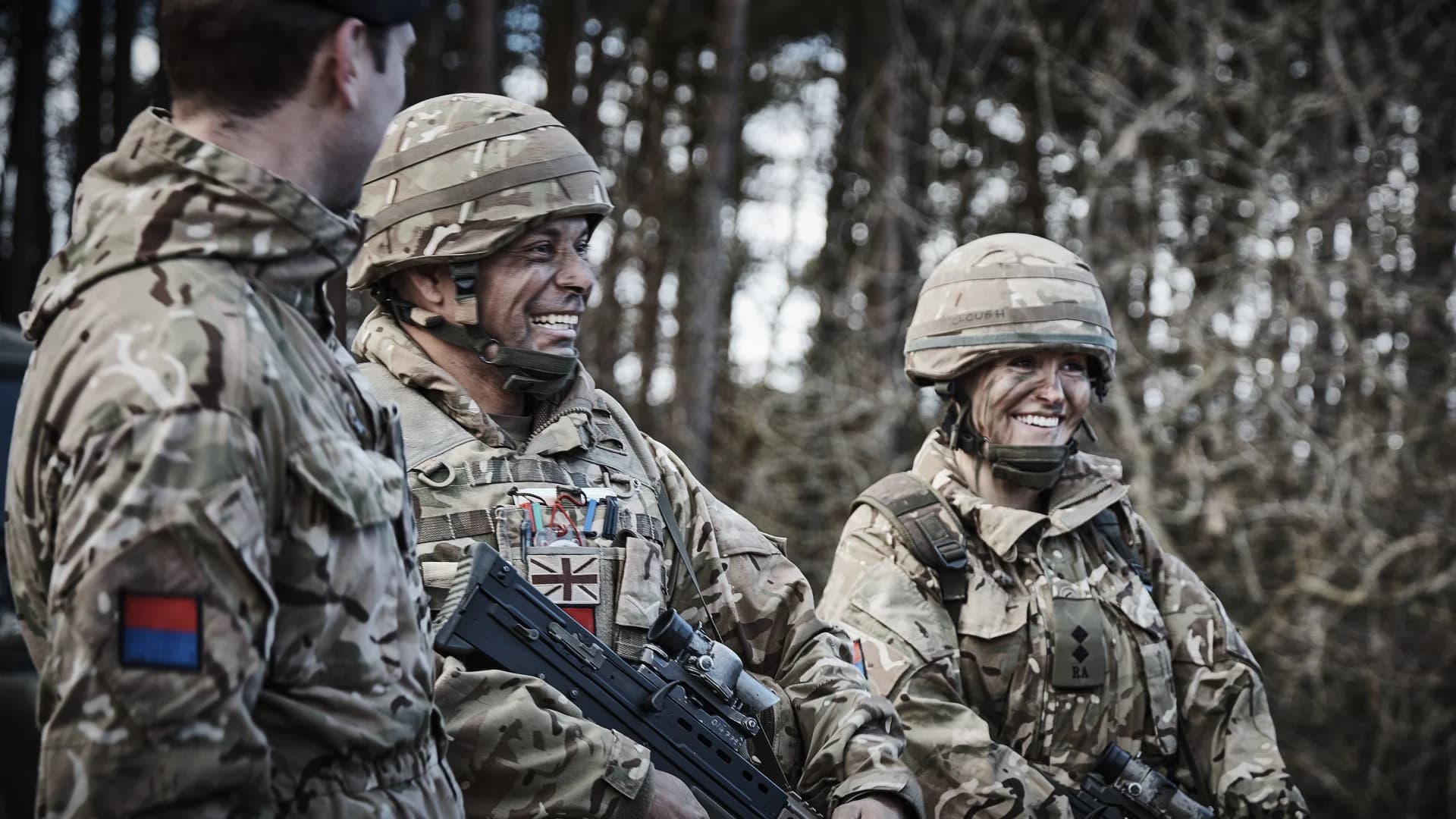
What's the main differences between a nurse and combat medic technician?

Ellie W. asked a question to Medical Roles
Category: Role Comparison
Date asked: Wednesday, June 3, 2020
Last reviewed: Thursday, June 4, 2020

Tori C.
Regimental Medical Officer
Hi Ellie,
Nursing requires you to do a nursing degree and this gives you a recognised qualification that you can use in the Army, but also in the NHS.
CMTs complete a 22 week phase 2 course, you will only be able to use the majority of your skills in the Army as this course is not recognised by the NHS/civilian world. The Army is working on how to improve this, and some CMTs are given the opportunity to become an EMT or even re train as a paramedic during their career.
Nurses work under their own license, they have a governing body which regulates them - the NMC, so they can work independently (within their own limits).
CMTs work under their supervising clinicians license, this means it is up to their supervisor as to how much (or little) they can do.
There is more career progression clinically for nurses. They can go on to do advanced nurse practitioner courses, prescribing courses, specialist courses etc...
For CMTs to progress clinically they need to apply to retrain as a paramedic (or other healthcare professional) - there are many courses a CMT can do to widen their skill set, but in regards to level of responsibility they don't have the same scope a nurse would. During their army careers when they promote they often become less clinical and take on more of a managerial role.
In the Army nurses can train as officers or soldiers, CMTs can only train as soldiers.
I hope that answers your question. You can find out more information on both career options on our website.
https://apply.army.mod.uk/roles/army-medical-service/combat-medical-technician
https://apply.army.mod.uk/roles/army-medical-service/army-nurse
Thursday, June 4, 2020
This discussion is closed, so no new comments can be added.